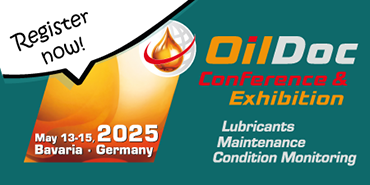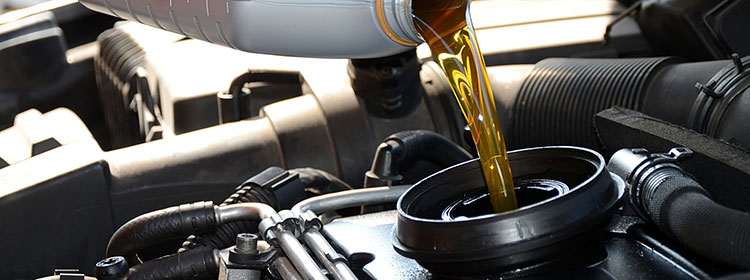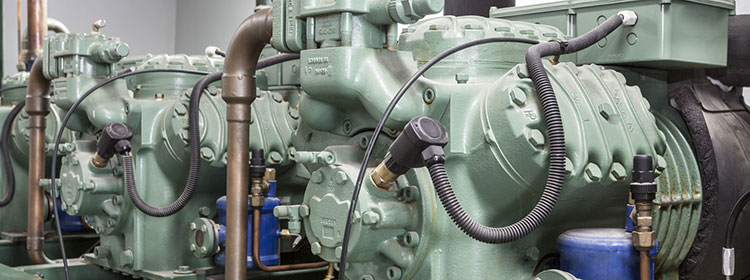Modern lubricants can only fulfil the exorbitantly increased requirements of ever more powerful technology through the use of modern base fluids and additives. The type and quantity of additives to be used must be carefully matched to both the application and the base fluid. Possible side effects of the use of additives and interactions between the individual additive components must also be taken into account.
One problem area that should not be underestimated is the mixing of lubricating or hydraulic fluids. Even oils that are supposedly “the same” in view of the standards and specifications advertised for them may have different additives and not be compatible with each other.
The seminar gives you an overview of the most important additive types, their properties and areas of application and deals with typical practical questions that are frequently asked about the use of lubricating oils and additives. In addition, practical examples are used to show which analysis methods are suitable for monitoring the additive state and how the measurement results are to be interpreted.
Aims
- Basic understanding of the principle and necessity of using additives
- Familiarisation with the most important additive types, their function, their principle of action and their area of application
- Knowledge of the possible interactions between additives and the base fluid
- Familiarisation with the proper use of additives to avoid undesirable side effects
- Familiarisation with the most important methods for monitoring additive content and condition
- Consideration of additivation for practical issues such as miscibility and compatibility
Target Group
- Operating materials managers, quality officers and other technical service personnel from component, machine and plant manufacturers
- Sales engineers and sales staff from lubricant manufacturers and their sales partners
- Technical purchasers for lubricants and operating fluids
- Appraisors and surveyors for damage analysis and machine malfunction
- Specialists from laboratories specialising in lubricant analysis
- Employees from tribology and lubrication technology
- Users of lubricants and additives







